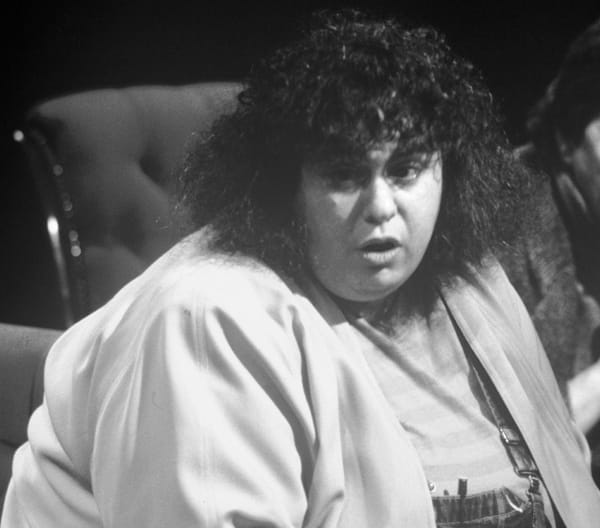Who was Andrea Dworkin, and what did she stand for? Dworkin was a man-hater who thought all sex was rape. Dworkin was secretly a right-wing bigot. Dworkin pretended to be a lesbian to curry favor with hard-line feminists but was, in fact, irredeemably heterosexual. Dworkin was consumed by self-loathing, never had any fun, and was permanently filled with uncontrollable rage.
These fictions about the feminist writer and campaigner are upheld not just by misogynists, pornographers, and others bound to detest what she stood for, but also by many women who consider themselves “sex positive.” Those incapable of reconciling their publicly proclaimed feminism with being doormats for men in their private lives continue to take out their frustration on the big, frizzy-haired prophet.
Some of the mythology built up around Dworkin during her lifetime has been dismantled since her death, thanks to collections of previously unpublished writing, a biography, a documentary film, and a play. Dworkin has enjoyed something of a revival, with many commentators—including those critical of radical feminism—reassessing her legacy.
But one form of Dworkin revivalism must be urgently resisted: namely, the effort to posthumously enlist her in the ranks of gender-ideology proponents. One of many recent examples is an article by barrister Charlotte Proudman, in which she lectures the reader on how feminists should put men—transwomen—before women. “Dworkin,” writes Proudman, “understood that a revolution that does not include trans liberation would be no revolution at all.”
